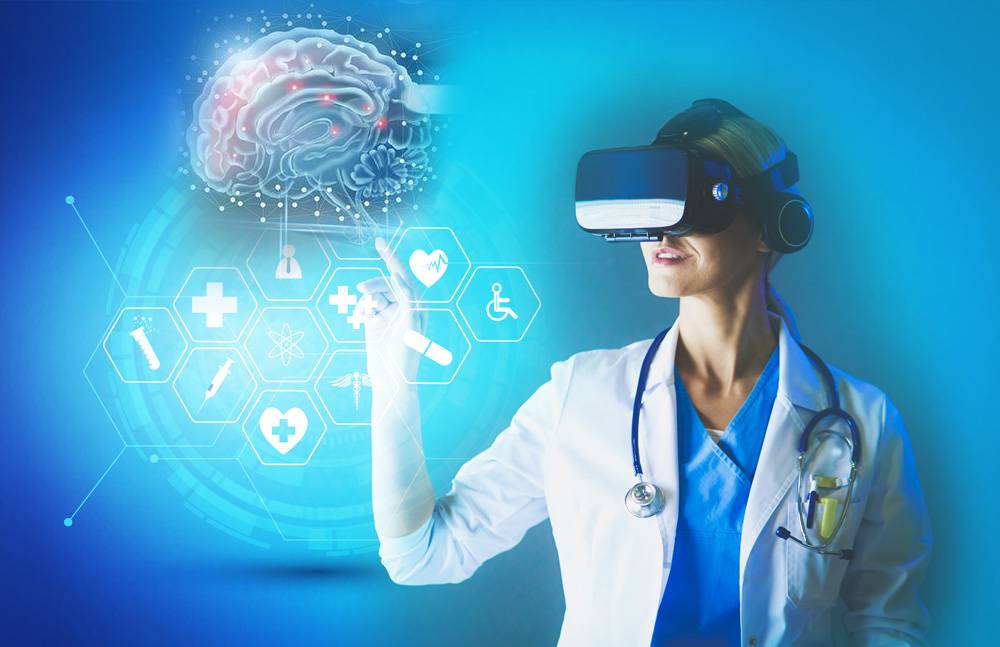With its exciting new prospects for better patient outcomes, cutting costs, and raising overall quality of care, artificial intelligence (AI) is quickly changing the healthcare sector. A wide range of healthcare applications, including medication discovery and administration, diagnostics, and therapy, leverage AI-powered tools and technologies. However, there may also be disadvantages and difficulties to take into account, just as with any new technology.
The ability of AI to precisely and swiftly analyse massive amounts of data is one of the main advantages of AI in the healthcare industry. This includes patient information such as medical records, imaging results, and other data that can be utilised to spot patterns and trends that a human doctor might overlook. Additionally, with a high degree of accuracy, AI systems can be taught to recognise and diagnose particular diseases like cancer or heart disease.
AI's potential for individualised treatment plans based on distinct patient traits is yet another advantage in the field of healthcare. AI can assist in identifying the most successful medicines for each patient by looking at their medical histories and data, taking into account things like age, gender, and genetic make-up. This could lead to better therapeutic results.
AI is also being utilised in healthcare organisations to boost operational efficiency and streamline administrative operations. For instance, predictive analytics can be used to forecast patient demand and optimise staffing numbers, while AI-powered chatbots can be used to plan appointments and respond to patient questions.
However, there may also be pitfalls and difficulties with applying AI to healthcare. One issue is the possibility of bias in AI systems, which could result in incorrect diagnosis or treatment suggestions. In addition to the beliefs and values of the programmers who created the algorithm, bias can also result from the calibre and representativeness of the data used to train the algorithm.
Due to the growing usage of AI technology to automate repetitive jobs like medical transcription and coding, another issue is the possibility for job displacement. Although AI has the potential to increase productivity and lower costs, it also poses significant ethical and societal concerns about the nature of future healthcare employment.



No comments yet
Be the first to share your thoughts!